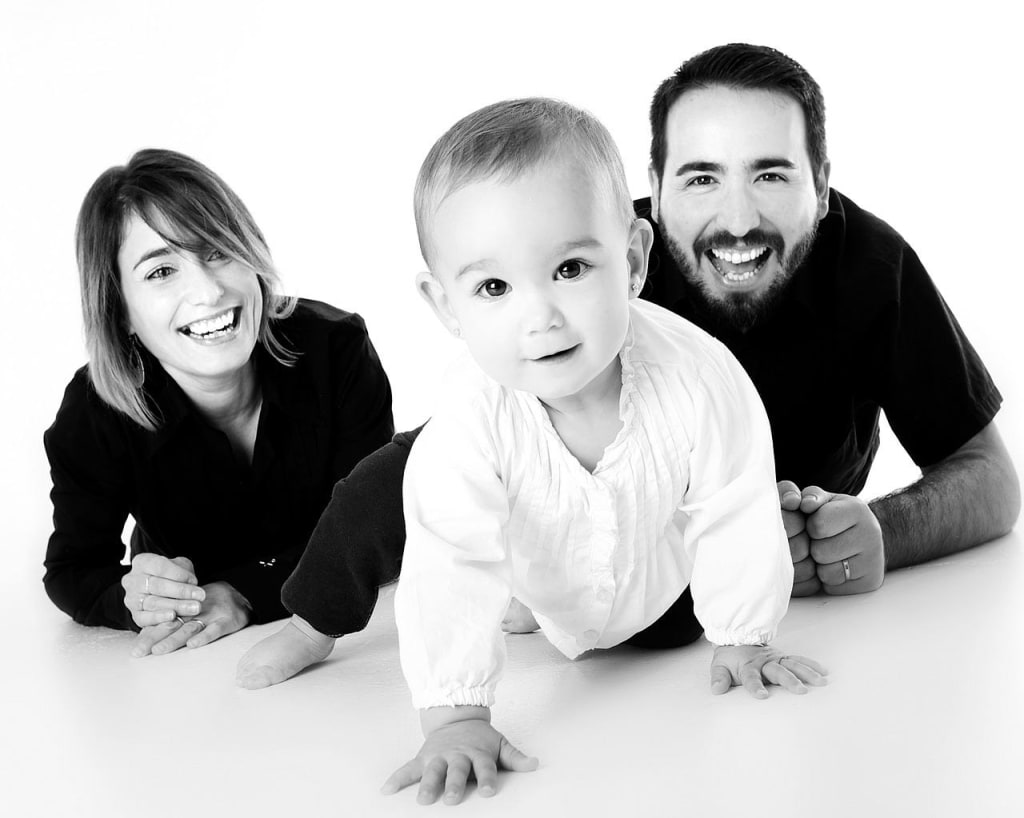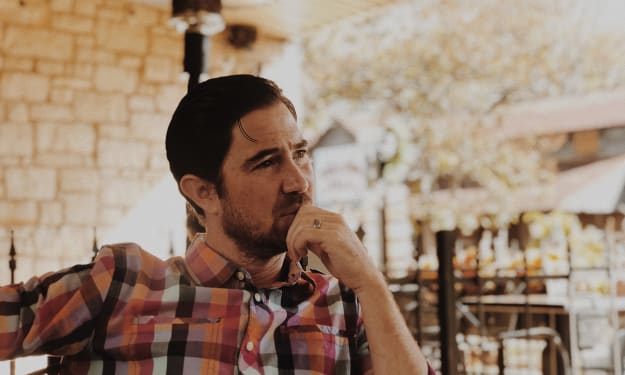Leisure and Family Formation
Is There an Innate Desire to Form and Nurture Families?

For as long as people in the western (particularly Christian) world have opined about the nature of the family, the contention has been made that humans have an innate desire to form and nurture families. That assertion is often made in support of various (suppossedly) pro-family political policies or positions. Less often it is made in support of the argument that human beings, particularly in the western world, emphasize work too much, and should place a higher value on leisure activities. These so called "leisure" activities include such things as spending time with ones family. I happen to agree strongly with the idea that human beings in the Western world do not value leisure nearly to the extent they should. However, my reasons differ greatly from those made by the British logician/political/religious/social philosopher Bertrand Russell in his book In Praise of Idleness which contains a collection of essays he wrote on the topic of leisure. It should be noted that the book itself was published with a general target audience in mind, and thus the arguments contained within it are watered down, and often do not withstand much genuine philosophical scrutiny.
As to the "innate desire to form and nurture families" I will agree that human beings have an innate desire to reproduce. This is part of the biological imperative and the main/only reason any given biological lifeform can remain living on this planet and probably across the entire galaxy and quite possibly the universe. However, the statement about family formation is too strong, and not supported by the historical or modern day evidence. Initially it was the need for “cheap/free” labor and protection from harm inflicted by nature or other humans that drove this “desire.” And, to emphasize, it was not about families per se, but about numbers and reproduction. If there were more of "you" i.e. genetically like individuals related to you (your family) you had a greater chance of survival than "them", whomever or whatever they happened to be. Even genetically related humans can fight and compete against each other however so a "family" unit was required to teach the younger generations the correctness of their own families beliefs and values, and the incorrectness of those who would compete against them for resources. In the modern day it is primarily societal cues like aversion to difference and familial, cultural, and religious pressures that drive it. This is to make no value judgement as to its’ rightness or wrongness, only to point out that it is not clear family formation would be at all or nearly as important without these things. And, in fact, I would argue it likely would not be nearly as important.
I would not suggest either that this takes away from the leisure argument which I support, and mostly agree with, as innate or not, the desire to form and nurture families is real, and an important non-work activity for a huge segment of the population of the planet. It is also, ironically enough, often the first victim when work becomes the primary source of value for an individual. Finally, while I am in agreement with the message I wish the bearer were someone other than Russell. Particularly in his later life his treatment of others, mostly the many women in his life, became abhorrent . Moreover his belief system with respect to women and their place in society was about as backwards, despite the lip service he gave to equality of the sexes. Since Russell there has been no great western philosopher brave or daring enough to take up the mantle of leisure as a human goal that should be sought and cultivated rather than frowned upon. Today to even suggest such a thing is to invite criticism of “being lazy” or “going soft”, and scorn is often heaped upon those who dare to. Will this ever change? Perhaps we are seeing some of that as the transhumanist movement often posits as one of their goals the freeing of the need for humans to work. Unfortunately once again for leisurists the messengers could not be worse.
I often wonder if a politician who ran on an outright and open platform of more leisure for all would have any chance in today’s (western) world. Of course politician do often do this but it is always with a wink and a nod using code words as they recognize the seeming suicidal nature of taking such a stance. Still, it would be interesting to see, wouldn’t it?
About the Creator
Everyday Junglist
Practicing mage of the natural sciences (Ph.D. micro/mol bio), Thought middle manager, Everyday Junglist, Boulderer, Cat lover, No tie shoelace user, Humorist, Argan oil aficionado. Occasional LinkedIn & Facebook user






Comments
There are no comments for this story
Be the first to respond and start the conversation.